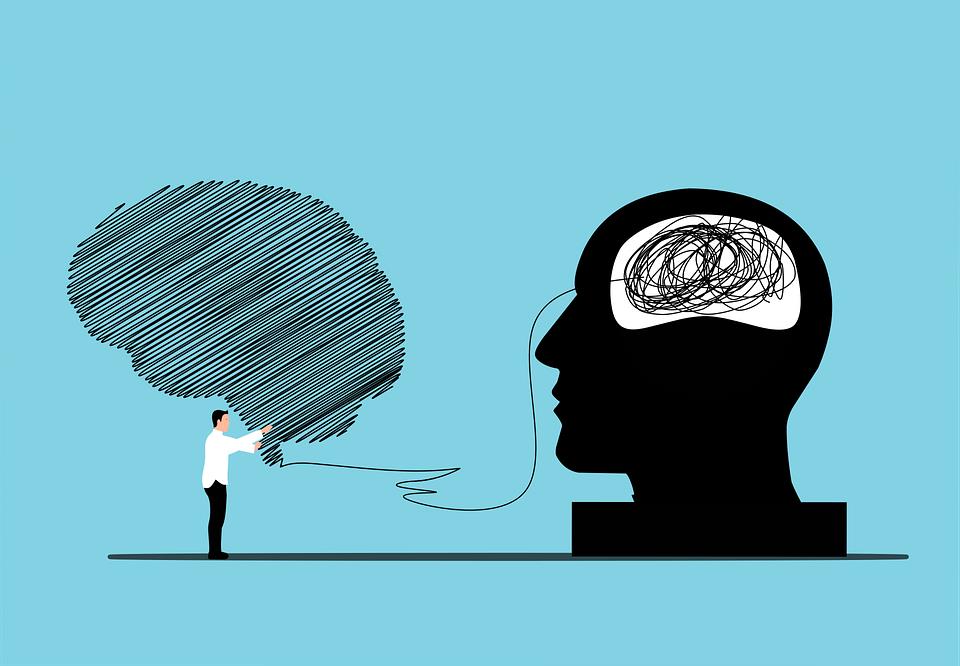
Mini-Mental State Examination (MMSE) Test
The Mini-Mental State Examination (MMSE) evaluates cognitive function in older adults. It’s vital to recognize early changes in physiological status and response to treatment, as cognitive decline during illness or injury is common in this population. Older adults are at a higher risk, but cognitive changes necessitate prompt and aggressive intervention (Gwanghee Han).
The Mini-Mental State Examination (MMSE) is a comprehensive tool assessing mental status. It comprises 11 questions, testing orientation, registration, attention, recall, and language, with a maximum score of 30. A score below 23 indicates cognitive impairment. Administering in 5-10 minutes makes it practical for routine use (Ingrid Arevalo-Rodriguez).
Target Population: The MMSE is effective as a screening tool for cognitive impairment in older, community-dwelling, hospitalized, and institutionalized adults. Assessment of an older adult’s cognitive function is best achieved when it is done routinely, systematically, and thoroughly.
Strengths AND Limitations: The Mini-Mental State Examination (MMSE) effectively separates patients with and without cognitive impairment. It can also track changes in cognitive status over time, potentially indicating a need for intervention. However, the MMSE is not a diagnostic tool and should not replace a comprehensive mental status evaluation. Furthermore, the instrument’s dependence on verbal responses, reading, and writing can disadvantage individuals with hearing or visual impairments, those requiring intubation, or patients with limited English proficiency or communication disorders. These factors may lead to artificially low scores despite normal cognitive function.

How Does the MMSE Work?
The Mini-Mental State Examination involves 11 questions that check for thinking, communication, understanding, and memory impairments. Specifically, the MMSE assesses six areas of mental abilities (Andrew Rosenzweig):
- Orientation of time and place: Healthcare professionals assess a person’s time and space awareness by directly asking about the date, time, location, day of the week, month, year, and season.
- Attention and concentration: The exam assesses concentration through tasks like backward spelling and counting down from 100.
- Short-term memory recall: The exam tests short-term memory by asking the person to recall a series of items they just learned.
- Language skills: The examiner tests word recall by presenting an object and asking for its name.
- Visuospatial abilities: To assess visuospatial skills (how someone perceives 3D objects and their relationships), the examiner asks the person to describe the arrangement or distance between two objects.
- Ability to understand and follow instructions: The examiner may present a series of tasks to assess the person’s ability to follow instructions.

Alzheimer and MMSE
People with Alzheimer’s disease lose the ability to carry out routine daily activities like dressing, toileting, traveling, and handling money. As a result, many people require a high level of care. Caregivers, often elderly relatives themselves, can experience a decline in their health and quality of life due to the demands of caregiving. Particularly challenging are behavioral changes in the person with dementia, such as aggression, which can be emotionally taxing for the caregiver.
MMSE is a simple screening of cognitive function, especially Alzheimer. MMSE score, for example, denotes the severity of cognitive impairment as follows: mild Alzheimer’s disease: MMSE 21–26, moderate Alzheimer’s disease: MMSE 10–20, moderately severe Alzheimer’s disease: MMSE 10–14, severe Alzheimer’s disease: MMSE less than 10. The exact link between specific cognitive weaknesses and resulting functional limitations remains under investigation (Young Min Choe).
Final Words:
MMSE is the world’s most widely used tool for assessing cognitive function. In clinical and research settings, the focus is often on the MMSE total score alone. The various subitems of the MMSE provide useful information about the progression of Alzheimer’s Disease, such as reducing or maintaining aspects of cognitive function in patients. On the other hand, functional decline has the most basic and lasting effect on reducing the quality of life of patients with Alzheimer’s, so early intervention is required. MMSE is a cognitive assessment often used for the initial consultation of patients with Alzheimer’s.
Author: Nasibeh Sarami
Living Maples’ Cognitive Assessment Advisor
Geriatric Psychologist